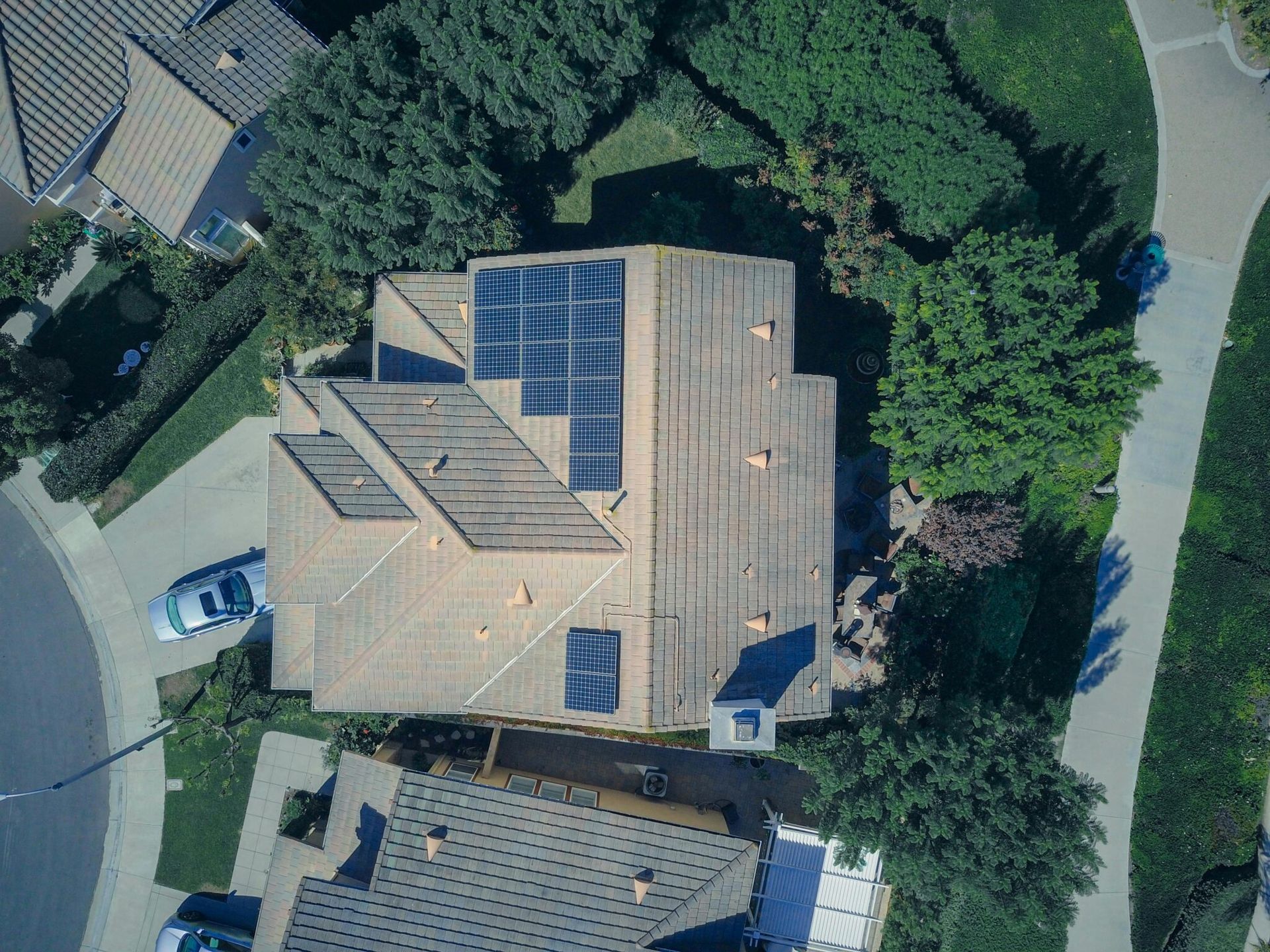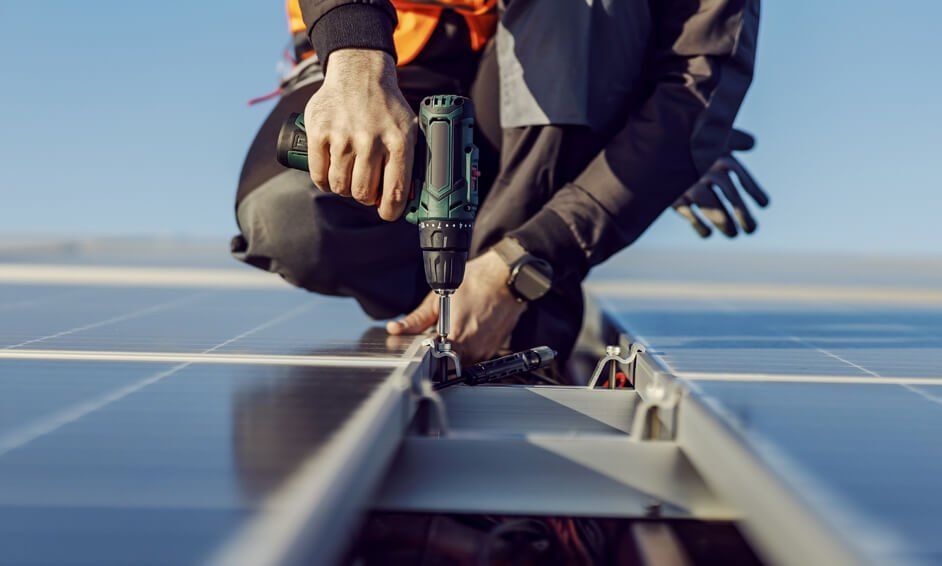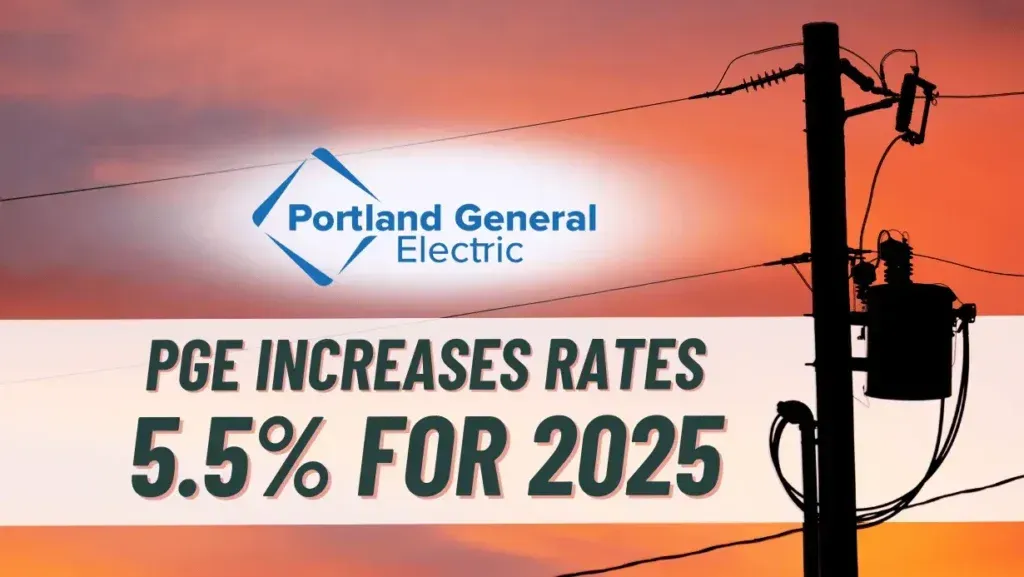What to Look for in a Solar Installer: A Guide for Going Solar
Making the decision to go solar is a big one, and once you’ve made up your mind to invest in renewable energy, the next step is finding the right solar installer. With so many options available, it can feel overwhelming to know where to start. However, choosing the right company is critical to ensuring that your solar system is designed and installed efficiently, effectively, and safely.
Here are the key factors to consider when choosing a solar installer for your home or business:
1. Experience and Expertise
The first thing to check when evaluating a solar installer is their experience. Look for a company that has been in the solar industry for several years, as they will have a deep understanding of the technology and the best practices for installation. A seasoned installer will also be up to date with the latest solar trends, financing options, and local regulations.
2. Licensing and Certification
In many places, solar installers need to have specific licenses or certifications to legally install solar systems. A certified installer is a sign that the company adheres to strict standards and has the knowledge to design and install solar systems safely.
Questions to ask:
- Are you licensed and insured to work in my area?
3. Customization and System Design
Every home or business is unique, and the solar system that works best for you will depend on factors like your location, energy usage, roof size, and budget. A good solar installer should offer a customized design and provide a detailed proposal tailored to your needs, rather than trying to fit a one-size-fits-all solution.
Questions to ask:
- Will you assess my property and energy needs before recommending a system?
- Can you provide a detailed design plan, including panel placement, energy production estimates, and expected savings?
4. Warranty and Maintenance Options
A solar system is a long-term investment, and the last thing you want is for your panels or inverter to malfunction and leave you stranded without support. A reputable solar installer should offer robust warranties for both equipment and installation. Common warranties for solar panels range from 10 to 25 years.
In addition, it’s important to check if the installer offers maintenance services and performance monitoring.
Questions to ask:
- What kind of warranty do you offer on the installation and equipment?
- Do you provide ongoing monitoring?
6. Financing and Incentives
The cost of installing solar can be significant, but there are often financing options available to make it more affordable. Look for a solar installer that can help you navigate available incentives, rebates, and tax credits to reduce the upfront cost of your system.
Many solar companies offer financing plans, such as leases, power purchase agreements (PPAs), or loans. Be sure to understand the terms, interest rates, and whether the company helps you apply for available incentives or rebates.
Questions to ask:
- Do you offer financing options, and what are the terms?
- Can you help me apply for state or federal incentives and rebates?
7. Quality of Equipment
Not all solar panels, inverters, and batteries are created equal. The quality of the equipment you install will directly impact the efficiency, longevity, and overall performance of your solar system. Make sure the installer works with reputable manufacturers and offers high-performance, long-lasting components.
What to look for:
- Panels with a high efficiency rating and proven durability.
- Inverters from well-known brands that provide high reliability.
- Options for battery storage, if you’re interested in energy independence.
8. Customer Service and Communication
A smooth and successful solar installation depends not only on technical expertise but also on clear and transparent communication. The best solar installers keep you informed throughout the process, from initial consultation to system design, installation, and post-installation support. They should be easy to reach, responsive to your questions, and committed to providing a positive experience.
Questions to ask:
- How will you keep me informed throughout the installation process?
- What is your typical response time for questions or issues?
9. Local Knowledge and Permitting
A solar installer with a strong understanding of your local area’s permitting requirements and incentives can save you time and hassle. Different states and regions have varying regulations and processes for solar installations, so working with a local installer who knows the ins and outs can make the whole process smoother.
Questions to ask:
- Are you familiar with local permitting and zoning requirements?
- Do you handle the paperwork for permits and interconnection with the utility company?
10. Post-Installation Support
The relationship with your solar installer doesn’t end after the installation is complete. Make sure the company provides ongoing support to ensure your system continues to perform optimally. This may include monitoring, troubleshooting, and system performance checks. You should have easy access to customer service if any issues arise after installation.
Questions to ask:
- Do you provide post-installation support and monitoring?
- How do you handle warranty claims or service issues?
Final Thoughts
Choosing the right solar installer is a crucial step in your solar journey. By focusing on factors like experience, certifications, reputation, and customer service, you can ensure that your solar system is designed, installed, and maintained to the highest standards. Take the time to do your research, ask the right questions, and choose an installer you can trust to help you make the most of your solar investment.
Ready to take the next step? Contact Infinity Solar USA today to discuss your solar needs and get a customized proposal!
More Blog Posts
More Guides For You From Our Help Center
Service and Troubleshooting
Understanding your solar system performance
How to schedule a repair
Solar Financing and Incentives
How does net metering work?
- How Net Billing Works (And Why Export Credits Are Your New Best Friend)
- How "Buy All, Sell All" Works in Solar (And Why It’s a Great Deal for You)
- How Monthly Net Metering Works (Spoiler: It’s Like a Bank for Your Energy)
- What is Net Metering and Why It Matters in the Solar Industry?
- What Is 1:1 Net Metering, and Why Should You Care? (Hint: It’s Awesome)
Solar financing. Understanding your options
- Explore Your Financing and Cash Options for Going Solar with Infinity Solar USA
- Commercial Solar Solutions: What You Need to Know from Infinity Solar USA
- Solar Installation Costs and Financial Incentives: What You Need to Know from Infinity Solar USA
- Why Solar Loans Reamortize in Month 19: A Closer Look
System Performance
How to optimize your solar systems performance
How peak sun hrs works in solar
How does roof pitch and orientation affect solar production?
How shading and irradiation affect solar production
Solar 101
Understanding your solar energy savings
Different purchase options:
How do I save money with solar?
Solar Process
Step 1 Proposal Introduction
Step 2 Construction Pipeline Process
Step 3 Permission to Operate
Service and Troubleshooting
Understanding your solar system performance
How to schedule a repair
Solar Financing and Incentives
How does net metering work?
- How Net Billing Works (And Why Export Credits Are Your New Best Friend)
- How "Buy All, Sell All" Works in Solar (And Why It’s a Great Deal for You)
- How Monthly Net Metering Works (Spoiler: It’s Like a Bank for Your Energy)
- What is Net Metering and Why It Matters in the Solar Industry?
- What Is 1:1 Net Metering, and Why Should You Care? (Hint: It’s Awesome)
Solar financing. Understanding your options
- Explore Your Financing and Cash Options for Going Solar with Infinity Solar USA
- Commercial Solar Solutions: What You Need to Know from Infinity Solar USA
- Solar Installation Costs and Financial Incentives: What You Need to Know from Infinity Solar USA
- Why Solar Loans Reamortize in Month 19: A Closer Look
System Performance
How to optimize your solar systems performance
How peak sun hrs works in solar
How does roof pitch and orientation affect solar production?
How shading and irradiation affect solar production
Solar 101
Understanding your solar energy savings
Different purchase options:
How do I save money with solar?
Solar Process
Step 1 Proposal Introduction
Step 2 Construction Pipeline Process
Step 3 Permission to Operate



